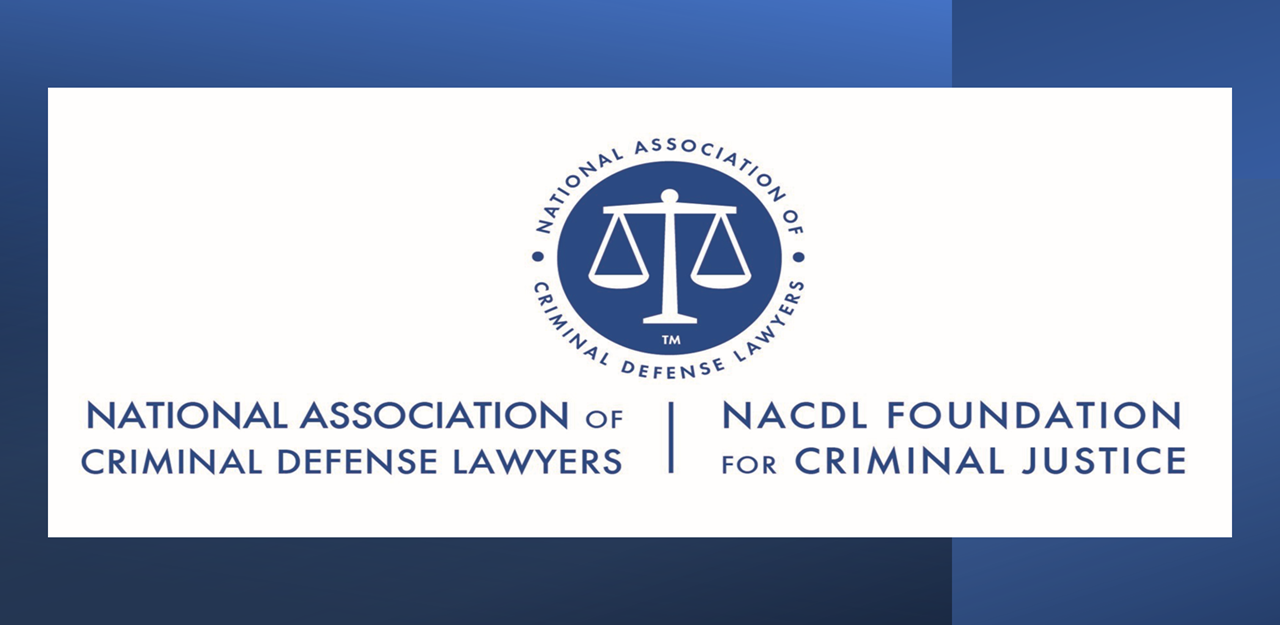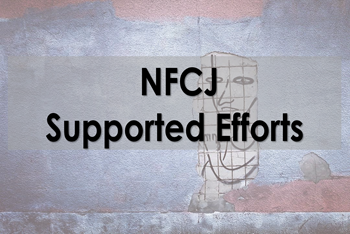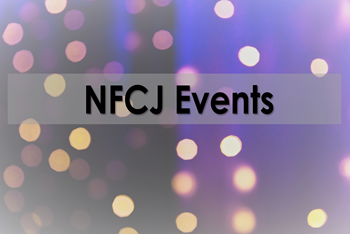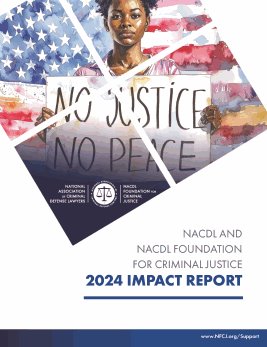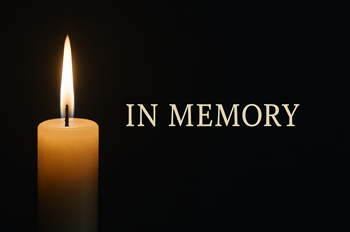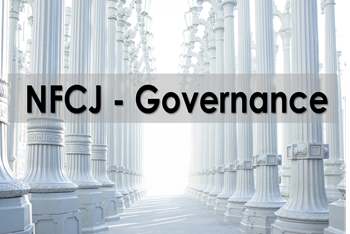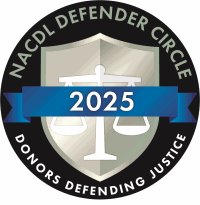Explore keywords to find information
Featured Products
-

2025 Year-End Ethics Grab
Earn your ethics credits for 2025 by learning from some of the best criminal defense attorneys in the country! This comprehensive year-end ethics program brings together three of NACDL’s most practical and timely presentations—helping defense lawyers meet their ethics credit requirements while sharpening their understanding of the professional challenges facing today’s practice. This special compilation includes the highest-rated legal ethics presentations delivered at NACDL conferences in 2025!
-

Using AI for Trial Preparation: Managing Overwhelming Caseloads
This 1-hour program shows defense lawyers how to use AI to tame heavy caseloads while staying ethical. Learn to auto-summarize discovery into timelines, relationship maps, and contradiction charts; draft and refine cross-exams; analyze juror questionnaires; and test case theories. Set up workflows and agents to monitor law, media, and social posts. Build simple custom trial tools. Leverage sentencing data for mitigation. Includes confidentiality, verification, and disclosure best practices to boost accuracy and save hours weekly.
-

Pozner's Red Book on Cross: Lessons in Advanced Cross-Examination
This compact handbook brings together over 20 of Larry Pozner’s most powerful cross-examination articles, covering core principles and advanced strategies for witness control, impeachment, chaptering, and framing reasonable doubt. Packed with scripting examples, real-world scenarios, and tactical insight, it shows how to press or pivot with purpose, drop weak points, and keep cross disciplined. Whether dismantling an officer’s account, challenging an eyewitness, or exposing investigative gaps, Pozner’s field manual delivers courtroom-ready tools to win.
-

Exposing Lies and False Testimony in Criminal Trials
When a case hinges on credibility, the lawyer who can expose a lie controls the outcome. This program delivers a courtroom-ready system to detect deception, dismantle false testimony, and turn credibility attacks into acquittals or favorable pleas. Learn research-backed methods to spot dishonesty in interviews, build an impeachment toolkit under the rules of evidence, and craft narratives that reveal bias, motive, and contradictions—arming you to challenge police, experts, informants, and eyewitnesses with precision.
-

Objections That Stick! How to Exclude, Preserve, and Persuade
If you’re not objecting, you might be conceding—learn how to stop giving ground.
This program delivers practical strategies for making effective objections in criminal trials, especially drug cases. Learn how to challenge hearsay, 404(b) evidence, improper opinions, and prejudicial testimony. You’ll get objection language, methods for preserving error, and tactics for handling misconduct in closing arguments. With real-world examples and trial-tested tools, this program helps defense attorneys sharpen courtroom advocacy and protect the record for appeal.
-

Combating the "Rape Myth" Expert: Excluding & Diffusing Expert Testimony
When the prosecution uses a “rape myth” expert to sway the jury, do you know how to stop them—and turn their science against them?
This program, based on a real trial, gives defense attorneys a practical roadmap to challenge and exclude biased psychological testimony. You’ll get sample voir dire, motion language, Daubert strategies, and tips for exposing flawed methodology and narrowing testimony. Whether you're aiming to exclude the expert or limit their impact, this session equips you with the tools to protect your client and assert control in the courtroom.
-

Pattern Cross-Examination for Digital Forensic Experts
This guide provides ready-to-use cross-examination questions, categorized by artifact type and case theme—from cell phone towers to deleted texts to smart devices and cloud forensics. Whether you’re handling a case involving child exploitation, stalking, or online fraud, this book delivers practical patterns designed to highlight sloppy forensics, bias, tool limitations, and assumptions of intent or identity. Defense attorneys don’t need a computer science degree—they need strategy, control, and the right questions to challenge the illusion of digital certainty in court.
-

Using Chat GPT in Criminal Cases - Writing Better Prompts
Want a motion written in plain language but grounded in Tennessee case law? Need a summary of Fourth Amendment jurisprudence with primary and secondary citations? This is where you learn how to get that—on demand, and with far less editing. This training is designed specifically for attorneys—busy professionals who need fast, accurate, and case-relevant AI support. Whether you’re drafting motions, brainstorming legal strategy, summarizing complex case law, or preparing cross-examinations, the quality of your AI output comes down to one thing: how you ask for it.
-

Alcohol, Blackouts and Consent in Sex Cases
This comprehensive training program provides defense attorneys with a rigorous, science-backed approach to dismantling prosecutorial narratives, exposing unreliable testimony, and ensuring that juries are properly educated on the complexities of memory, intoxication, and consent. You'll explores critical mistakes and misconceptions encountered in these cases, including errors in memory reconstruction after an event, incorrect inferences, cognitive schemas, suggestibility, contamination and misinformation, mistakes of fact and more.
-

Overcoming the Presumption of Guilt and Defining Reasonable Doubt
Reasonable Doubt, what is it?
In order to win criminal cases, the defense practitioner must object to a reasonable doubt standard that lowers the burden of guilt. This program will discuss proven methods to argue and define reasonable doubt persuasively to a jury. You’ll learn how define reasonable doubt using metaphors and hypothetical scenarios that force juries to dispute the evidence, conflicts in the evidence, or even lack of evidence in your case.
-

The DIY of DNA: Exoneration Through DNA Evidence
This presentation might be the first time you’re truly able to truly grasp the fundamentals of DNA evidence. This critical presentation blends real-world storytelling with clear, practical instruction—making DNA evidence finally feel accessible, even to non-scientists—while inspiring attorneys to dig deeper, ask smarter questions, and approach forensic science with newfound confidence. You’ll learn how to identify and interpret electropherograms, understand autosomal vs. Y-STR testing, and recognize the limits of DNA evidence—particularly when it involves partial or mixed samples.

